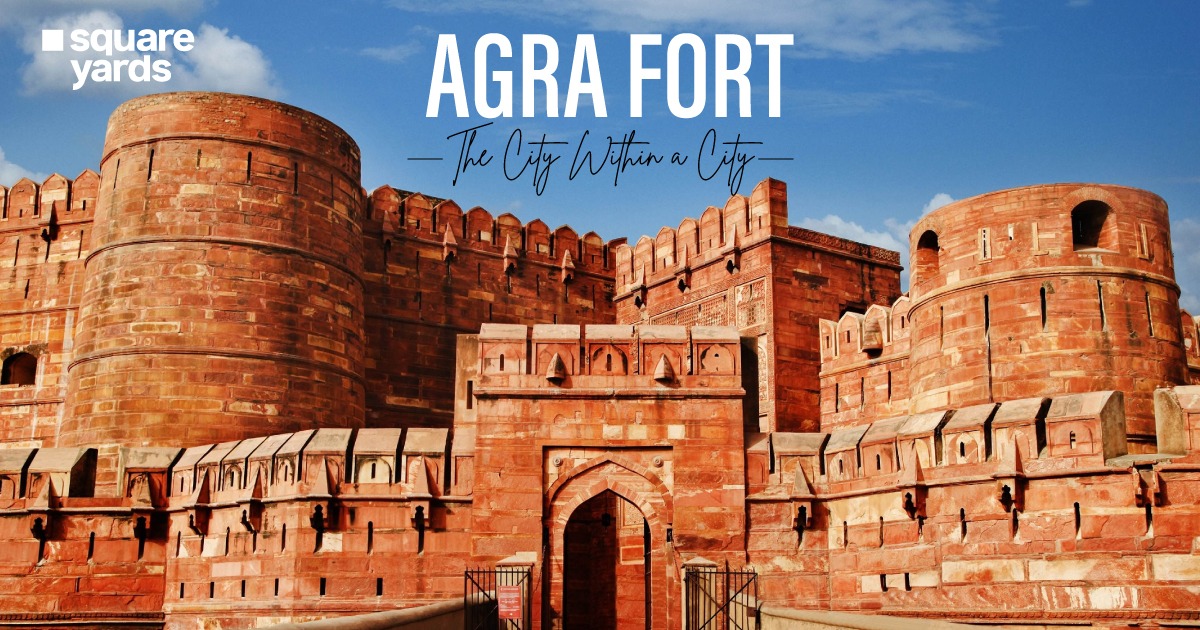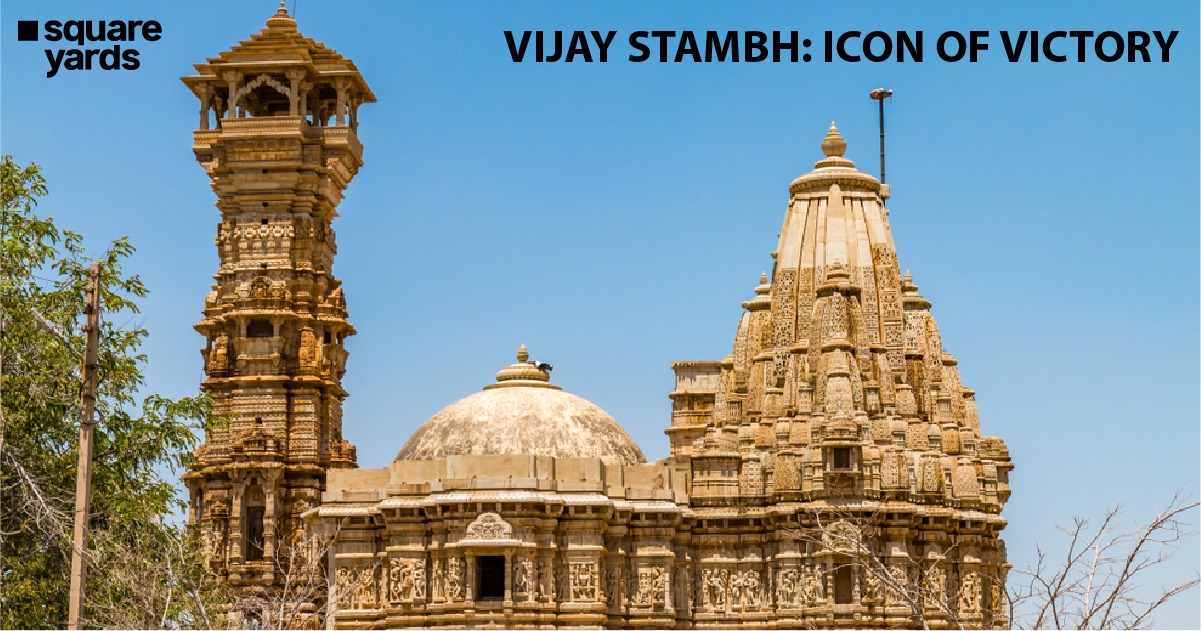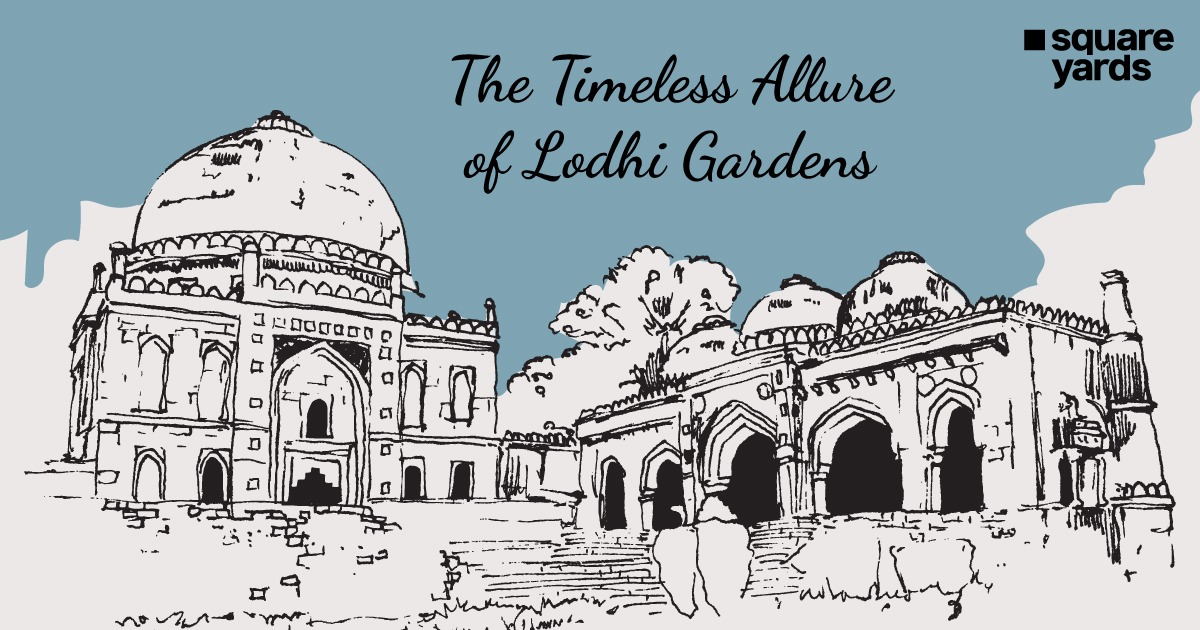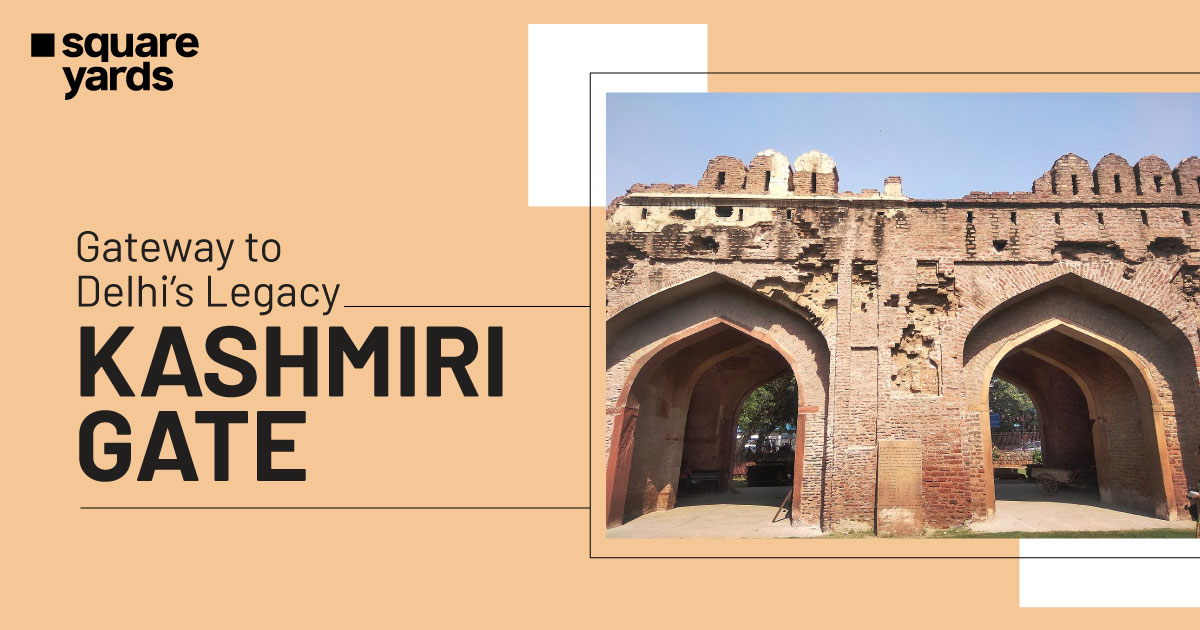If you look outside today, you will see the subtle grey-blue sky with clouds of all shades. The intoxicating cold breeze will blow you towards peace. You will look up to the sky, and a small drop of water will replenish your skin like never before.
This is how we all know monsoon! However, this year, the monsoon in India has tainted our imagination with shades of landslides, floods and deaths of many across the country.
As we all know, this year, ‘saavn’ aka monsoon season, has extended its two-month stay. Thus, most of the states in India will experience rainfall.

(An auto breaks down on a waterlogged road in east Delhi on Monday, By Hindustan Times)
But if the fall is going to be for 2 months, would it be normal? Well, no! This year, the rainfall in Punjab, Delhi, Kerala, Uttarakhand, Uttar Pradesh and many other states will be intense. It’s only been a few days, and the water levels have already crossed all the records, even the one leading to major floods of rivers like Yamuna, Sukhna, Beas and Ravi. This caused a state of havoc in the hearts of the people living in the affected cities.
But that’s not the only catastrophic misshape of this month; let us take you to natural calamities that have made their place in our history books.
Punjab Story
View this post on Instagram
(House Collapse in Mohali, Punjab, By Hindustan Times)
Chandigarh has recently experienced 50-hour rain. The 449 mm of rain has caused major damage to a lot of the infrastructure of the city. The city is currently under an orange zone as Sukhna Lake shows signs of a flood. On top of it, the river is connected to the foothills of Himachal Pradesh. Thus, the water level in Himachal combines with Chandigarh rainfall and creates a hazardous situation for the people. The government opened the gates of Sukhna Lake to lower the water pressure in the city. But even then, the city is half drowned!
View this post on Instagram
(Kiratpur Bridge in Punjab collapse, By Hindustan Times)
Kiratpur( another part of Punjab) also faced a major architectural loss due to the heavy rainfall. Due to the river flow, the Kiratpur bridge fell and created a massive gap at the Pinjore-Baddi highway.
Himachal and Uttarakhand Tales
View this post on Instagram
Cities located in the northern zone are known for their natural calamities. From last week, roads, bridges, and the shoreside population are facing crises due to the heavy flow of the Beans and Ravi rivers. Both rivers originate near Rohtang Pass, pass through the Dhauladhar Range and meet their ends in Punjab, later flowing out in Pakistan. Heavy rainfall in these states has aggravated the water levels, creating a red alert situation in Mathura, Kullu, Hathras, Agra, Rampur, Bareilly, and Pilibhit and an orange alert in adjoining areas.
View this post on Instagram
(Chuba’s Bakan Bridge Collapse in Himachal Pradesh, By Hindustan Times)
Last Sunday, the water almost submerged the Panchvaktra temple, collapsed 50 yr old bridge (Chuba’s Bakan bridge) connecting Aut in Mandi district with Larji and damaged property worth 3,000 cr alongside 30 deaths and 300 standard tourists on the remaining lands of the hills. The government has asked the citizens in red, orange and yellow zones to stay inside and avoid going outside. They have also closed over 700 roads until the situation is under control.
Delhi Downfall

Of all the states in India, Delhi is the one where the chances of floods are less or nonexistent. But this year, water levels at Yamuna are rising alarmingly. Major chunks of Delhi and NCR like Narela, Alipur, Rohini, Badili, Pitampura, Paschim Vihar, Punjabi Bagh, Kashmiri Gate, Seelampur, Rajouri Garden, Red Fort, Connaught Place, ITO, Jafarpur and Gurugram are clogged to knee length. Other Delhi, Haryana and Uttar Pradesh areas are just soaked with mild to moderate waterfalls.
The rain will not stop for a while; however, you can improve it by keeping your loved ones warm and cosy inside your homes. The government has closed schools, colleges and requested all the citizens to stay inside, keep travel at bay and be cautious of their surroundings. Stay connected for more updates on Monsoon in India!






















